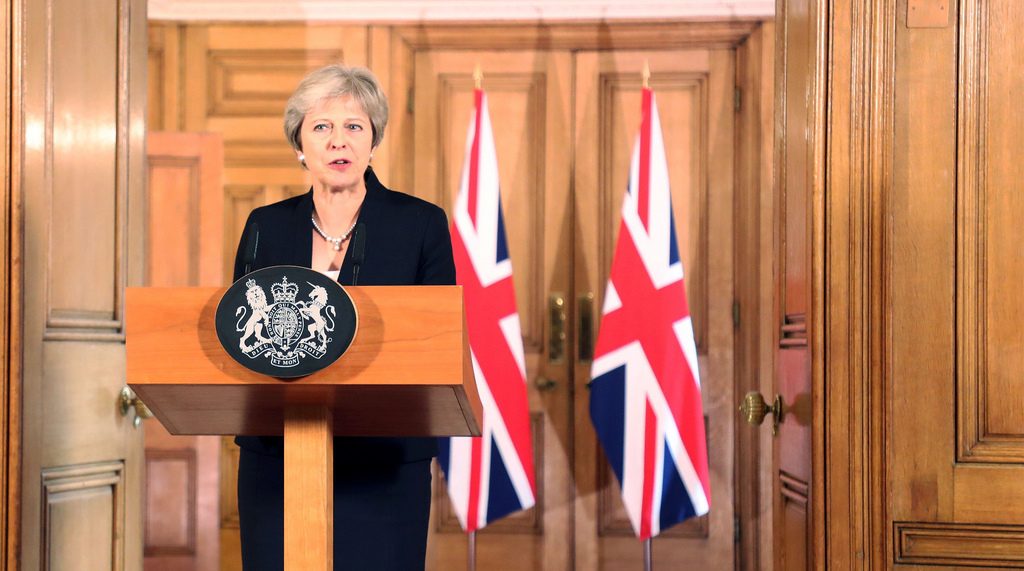The UK government and other world leaders must to stop “fuelling the global inequality crisis”, an open letter signed by more than 100 advocacy groups has urged. Imogen Richmond-Bishop, from UK-based Just Fair, tells us why.
Inequality is a major barrier to many people’s enjoyment of rights but it doesn’t have to be that way. We can choose to stay on a path to an ever-increasing divide between rich and poor, destroying our world. Or we can choose a better world.
What Does Inequality Look Like In The UK?
High levels of inequality, as seen in the UK, are incompatible with a state’s obligation to take steps to the maximum of available resources to progressively realise economic and social rights.
Inequality does not just impact upon those who are worse off economically. Inequality affects and damages all levels of society overall.
Work is no longer a guarantee to not suffer from poverty with half of those in poverty having at least one member of their households who is in work. Many of these households rely on tax credits and other types of benefits in order to keep their heads above water.
In 2015 it was found that tax payers had to pay 11 billion pounds in order to top up the salaries of people who were paid so little by their employers that they couldn’t afford to live. This transfer of funds from the state is allowing employers to pay their staff a poverty wage.
Wealth is not distributed evenly across society but is rather concentrated in the hands of a small group. The average CEO of the top 100 UK companies takes home 133 times the salary of the average worker.
Income inequality can then go on to translate into health inequalities. Life expectancy between those in the top and the bottom income deciles decreases by 9.3 years for males and 7.5 years for women.
What Is The UK Doing To Combat Inequality?

Image Credit: Flickr.
The UK Government asserts that it has “some of the strongest equalities legislation in the world, including the Equality Act 2010”.
To be true to this commitment, the Government should implement the Equality Act in its entirety, including the socio-economic duty.
This duty would require public authorities to actively consider how their decisions and policies would increase or decrease inequalities of outcome.
Regrettably, successive governments have failed to issue the necessary regulation to trigger the socio-economic duty, which means that it is not technically binding on public authorities. It is encouraging that the duty was brought to life in Scotland in 2018 and the Welsh government has announced they will follow suit in 2019.
The socio-economic duty is a powerful lever to address the structural causes of material inequalities and their negative effects on human rights and wellbeing. Enforcing it would be a positive sign of the government’s determination to reduce income and wealth inequalities and meet Sustainable Development Goal 10 (SDG 10), which targets a reduction in inequalities.
Furthermore, when analysing the UK’s performance against SDG 10, Just Fair found that that the UK was doing poorly in the majority of criteria where there is enough data to measure progress.
Inequality is repeatedly being entrenched by policy and budgetary decision making. For example this year’s changes to the personal tax allowance mean that for the coming tax year the allowance will be worth £6,500 in reduced tax liabilities for the 10% highest income families, but worth just £600 for the poorest 10%.
These new giveaways to the highest earners have also coincided with nearly a decade of tax and welfare reform that have hit the poorest families the hardest.
For example, women on average lost £400 per year compared to a £30 average loss experienced by men. Black and minority ethnic minority households, families with at least one disabled member and lone parents (who are overwhelmingly women) are also amongst those who have suffered disproportionately from these changes.
What More Can Be Done?
We believe that only equalising policies can ensure public authorities make use of the maximum of available resources, including through fair taxation, to ensure socio-economic rights for everyone without discrimination of any kind.
Koldo Casla, Just Fair policy director
This year the UK is one of 50 countries that will be submitting a Voluntary National Review to the United Nations (UN) on its progress in achieving the targets contained within the SDGs, including the commitment to reduce inequality.
Unfortunately, from what we have seen so far in the reporting it does not represent an accurate portrayal of reality in the UK. A significant change of course by our government is required to meet internationally recognised socio-economic rights and to turn the UK into a fair society that does not leave anyone behind.
Civil society is leading the way in advocating for policies that will reduce inequalities that our communities are facing but we need our Government to listen and to take action.
Some of these key recommendations include:
- Consider introducing a single measure of poverty based on the Social Metrics Commission, and measure food security.
- Restore the link between social security entitlements and the cost of living.
- Design and implement a comprehensive child poverty strategy and reinstate the targets and reporting duties on child poverty.
- Conduct an expert assessment of the cumulative impact of tax and spending decisions since 2010 and prioritise the reversal of particularly regressive measures, including the benefit freeze, the two-child limit, the benefit cap, and the reduction of the housing benefit for under-occupied social rented housing.
- Conduct an independent review of the effectiveness of reforms to welfare conditionality and sanctions, and explore more constructive and less punitive approaches to encouraging compliance.
- Ensure local governments have the funds needed to tackle poverty.
- Eliminate the five-week delay in receiving benefits under Universal Credit, separate payments to different household members, and facilitate weekly or fortnightly payments.
- Ensure that fiscal policy is adequate, progressive and socially equitable and improves tax collection so as to increase resources available to ensure economic and social rights.
- Bring to life all the outstanding clauses of the Equality Act 2010 and in particular the socio-economic duty (Section 1).







